I’ve managed to get my mitts on a the most wonderful academic essay – “Prosecution for Sodomy at the beginning of the 19th Century” by D Harvey from The Historical Journal Vol 21 No 4 Dec 1978- pp 939-948 and it’s not only wonderful enlightening reading, but it also shores up a lot of the research I did when writing Standish and other regencies.
The trouble is, that I did the research for Standish so long ago, that I used the facts I knew, absorbed most of it like a sponge, weaved it into the book and then promptly forgot about the research. Not the facts, so much, but where I’d got them all from individually. I should have, I realise now, have cited them all in the back, so at least I looked like someone who had actually worked their socks off on the period, rather than some moron who made it up as they went along!! But, lesson learned, and I’ll certainly not make that mistake again. I did acknowledge Etymology Online and Rictor Norton both of whom I spoke to via email and both of whom couldn’t have been more helpful.
Anyway, this article: I’m going to mention some of the salient points, not bang my way through the article because I’m sure some of you will be as interested in the period as I am, and might find the facts surprising. Direct quotes are in italics
It was the case that in the first third of the nineteenth century, trials and executions for sodomy were much commoner than they had been in any earlier period
That is to say that fifty men were executed within that time, and trials, punishments and executions were more common than at any earlier period.
This reached a peak in 1806 when more men were executed for Sodomy (6) than for murder (5). Not huge amounts but rather telling when compared with the murder figures.
HOWEVER – these figures don’t take into account the Naval Courts Martial which of course dealt with these matters themselves and produced a steady flow of cases similar to that in the civilian courts. An average of two or three were sentenced to death for sodomy each year.
The article also goes to state (thank you article!!) that it wasn’t just the hoi-polloi and the rabble who were subject to the full force of the law, the aristocracy and wealthy were just as vulnerable.
It was a naval captain, Henry Allen, convicted of sodomy and hanged on board the Adventure on 15 May 1797 who had the unfortunate distinction of being the most socially prominent victim of his society’s intolerance in this period.
The most notable civilian to be hanged for sodomy in these years seems to have been Isaac Hitchen, one of a homosexual coterie at Warrington which was prosecuted in 1806; he was said to be one of the richest men in Warrington , worth £60,000.
There were also rumour concerning even more distinguished personages such as the earl of Leicester, afterwards Marquess Townshend, and King George III’s unpopular 5 th son, HRH field marshal the duke of Cumberland, afterwards king of Hanover. One of the most notorious scandals of the time was that involving the fabulously wealthy William Beckford, M.P. for Wells, and the Hon William Courtnay, afterward Viscount Courtenay and earl of Devon in 1784. Both Beckford and Courtenay spent the following TWENTY FIVE YEARS virtually ostracized by society and in 1811 Courtenay was forced to flee from his ancestral home at Powderham Castle and go into exile to avoid prosecution for sodomy. The nearest a member of the aristocracy came to indictment for homosexuality in this period was in 1822 when the bishop of Clogher, the Hon Percy Jocelyn son of the first earl of Roden, was caught buggering a Guardsman in a public house and escaped trial by jumping bail and fleeing to Scotland.
(!!!!!!)
So Rafe was lucky, really. I was not hard ENOUGH on him in a true historical context – particularly as he was not entirely English and NOT a member of the aristocracy.. But I imagined that he’d stay in Wiltshire afterwards. Perhaps. .
This single article might not show that men were in danger in their own houses, and I don’t think they were – not in the way that the police (such as there was) would break in to arrest them as they did do after the Labourchere Amendment – but they were very much in danger if they went into other “private” establishments to have sex.
The laws against buggery and sodomy have nearly always been known as “The Blackmailers’ Charter” (see the wonderful film “Victim” for that, filmed before sodomy was legalised) and this was no different here. A lot of prosecutions (as in Ambrose’s case) were begun with letters. Many men would succumb to blackmail rather than face their chances in court, for obvious reasons – a lack of social standing – being excommunicated from society must have been almost as terrifying as the risk of prison or death.
wonderful film “Victim” for that, filmed before sodomy was legalised) and this was no different here. A lot of prosecutions (as in Ambrose’s case) were begun with letters. Many men would succumb to blackmail rather than face their chances in court, for obvious reasons – a lack of social standing – being excommunicated from society must have been almost as terrifying as the risk of prison or death.
The article goes on to try and explain why there was so much more legal and punitive activity at this particular time and says that it is unlikely that increase of prosecution was merely an index of the increased frequency of homosexual acts. – After all, it’s not as if homosexuality was fashionable, like cuff frills.
The essayist purports that it wasn’t a case of more men being homosexual, but more that it was a case of urbanization, where they concentrated together and were able to form a sub-culture for the first time. And such a “large” proportion of homosexuals in a city (there were 20 houses of male resort in London, compared with 80 years later when there was only four) was more likely to draw attention to the authorities (and the people who would denounce them) than two men living quietly together in more remote areas.
Public opinion was violently against homosexuals at this time and the subject was an extraordinarily emotive one.
In the 1780s, when 15 Exeter homosexuals, ‘most of whom were men of rank and local situation’, were tried and acquitted, they were burnt in effigy by the mob, and in 1810 when 30 homosexuals were arrested in a raid on the White Swan, Vere St, London, those discharged for want of evidence were so roughly handled by the crowd as to be in danger of their lives.
The hardening of sexual stereotypes also, sexual slander became rife at this time, sexual knowledge become more widespread – more people were learning about such “Unnatural acts” which then led to sexual intolerance.
“Damn the fellow! Now I think of it, I never remember his having a girl at college!” remarked an acquaintance of a man who had brought a charge of malicious prosecution against a solider who had accused him of attempting an unnatural act.
There were other reasons, too, all of which helped – The Evangelical Revival probably helped spread the intolerance, the overhaul of the whole system of law enforcement, public pressure (letters to the papers, etc) which all helped to bring the “problem” to the public eye, calls were made to “do something about it.”
All of which goes a long way to explain why – instead of being more tolerant in the early 1800’s, things were actually a lot lot worse.
Never mind boys! It will soon be the Victorian Age..
*rolls eyes*





 Child Support Agency) who feel that they should provide the minimum of decent education for those sons. But that’s as far as it went. Once those orphans left their preparatory schools, there would be no money for further education–or apprenticeships. One of them dreams of being a barrister, and that would have been impossible without funding. They might, if fortunate, be placed in an office somewhere as a clerk, or perhaps in a shop, or even–like Jane Eyre–as a tutor, but without more education than they have (two of them didn’t even take their final exams) even this last was an unlikely option.
Child Support Agency) who feel that they should provide the minimum of decent education for those sons. But that’s as far as it went. Once those orphans left their preparatory schools, there would be no money for further education–or apprenticeships. One of them dreams of being a barrister, and that would have been impossible without funding. They might, if fortunate, be placed in an office somewhere as a clerk, or perhaps in a shop, or even–like Jane Eyre–as a tutor, but without more education than they have (two of them didn’t even take their final exams) even this last was an unlikely option.

















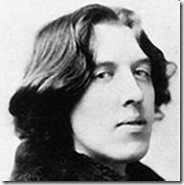
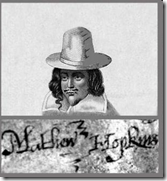
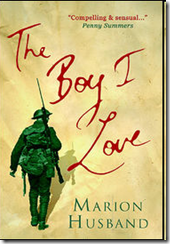


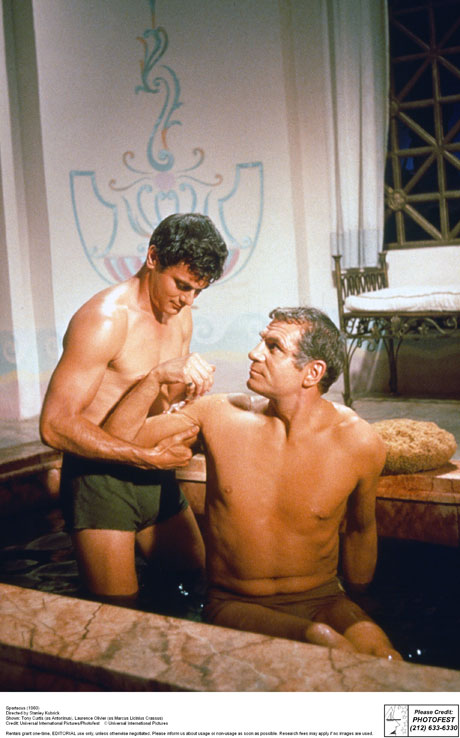






















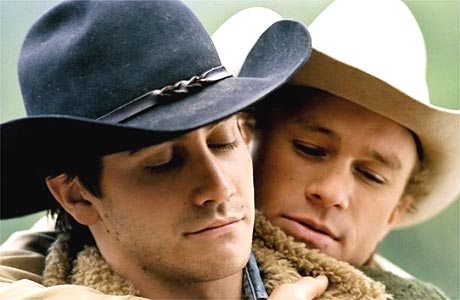



 wonderful film “
wonderful film “
